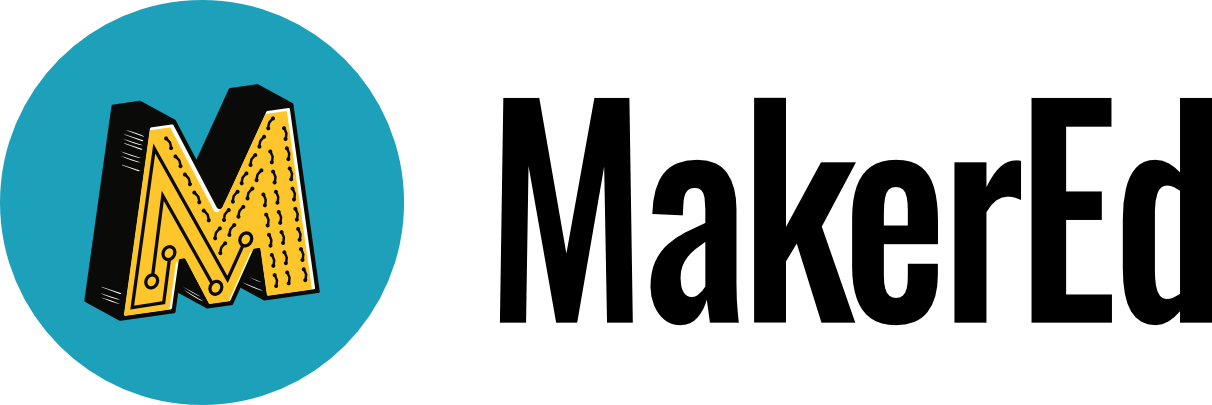Bevan, B. (2017). The promise and the promises of Making in science education. Studies in Science Education, 53(1), 75-103.
Available at https://www.tandfonline.com/doi/abs/10.1080/03057267.2016.1275380 and https://www.ecsite.eu/sites/default/files/bevan_making_sse-min.pdf
Abstract
Making is a rapidly emerging form of educational practice that involves the design, construction, testing, and revision of a wide variety of objects, using high and low technologies, and integrating a range of disciplines including art, science, engineering, and mathematics. It has garnered widespread interest and support in both policy and education circles because of the ways it has been shown to link science learning to creativity and investigation. Making has taken root in out-of-school settings, such as museums, science festivals, and afterschool and library programmes; and there is now growing interest from primary and secondary educators in how it might be incorporated into the classroom. Making expands on traditions associated with Technology Education and Design-Based Learning, but differs in ways that can potentially broaden participation in science and STEM learning to include learners from communities historically underrepresented in STEM fields. STEM-Rich Making is centrally organised around design and engineering practices, typically integrating digital tools and computational practices, and positions scientific and mathematical concepts and phenomena as the materials for design. This paper takes a critical view of the claims about Making as a productive form of science teaching and learning, and reviews the current research literature’s substantiation of the ways in which Making supports students’ agency, promotes active participation in science and engineering practices, and leverages learners’ cultural resources.
Return to Research category of Resource Library
